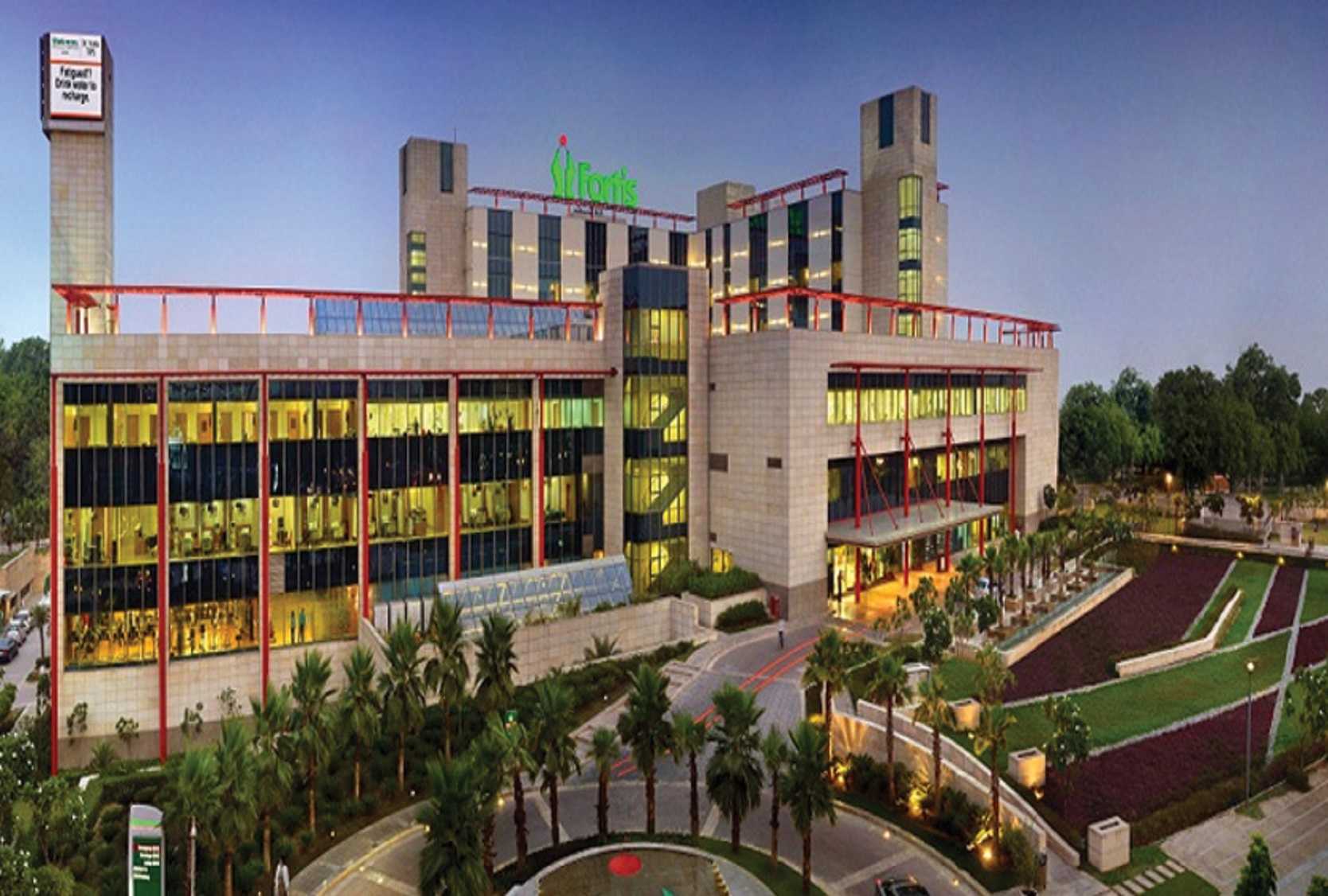Cataract Surgery at best of Hospitals and Wellness centres
Filter by Procedure
- Ophthalmology
-
Cataract Surgery (93)
-
Detached Retina Treatment (76)
-
Eyelid Surgery (74)
-
Age-Related Macular Degeneration (AMD) Treatment (61)
-
Cornea Transplant (67)
-
Artificial Iris Implantation (45)
-
Amniotic Membrane Transplant (49)
-
Chalazion Treatment (49)
-
Astigmatism Correction (54)
-
Vitrectomy (Retinal Detachment Repair) (53)
-
Ptosis (lazy eye) (49)
-
Retinoblastoma (48)
-
Strabismus (ocular misalignment) (49)
-
Glaucoma (55)
-
Lasik Surgery for both eyes (30)
Overview
Cataract surgery is a procedure to remove the lens of your eye and, in most cases, replace it with an artificial lens. Normally, the lens of your eye is clear. A cataract causes the lens to become cloudy, which eventually affects your vision.
In cataract surgery, the lens inside your eye that has become cloudy is removed and replaced with an artificial lens (called an intraocular lens, or IOL) to restore clear vision.
The procedure typically is performed on an outpatient basis and does not require an overnight stay in a hospital or other care facility.
Procedure
Most modern cataract procedures involve the use of a high-frequency ultrasound device that breaks up the cloudy lens into small pieces, which are then gently removed from the eye with suction. This procedure, called phacoemulsification or "phaco," can be performed with smaller incisions than previous surgical techniques for cataract removal, promoting faster healing and reducing the risk of cataract surgery complications, such as a retinal detachment.
After all remnants of the cloudy lens have been removed from your eye, the cataract surgeon inserts a clear intraocular lens, positioning it securely behind the iris and pupil, in the same location your natural lens occupied. (In special cases, an IOL might be placed in front of the iris and pupil, but this is less common.)
The surgeon then completes the cataract removal and IOL implantation procedure by closing the incision in your eye (a stitch may or may not be needed), and a protective shield is placed over the eye to keep it safe in the early stages of your cataract surgery recovery.
Cataract Surgery Recovery
You will have to use eye drops after surgery. Be sure to follow your doctor’s directions for using these drops.
Avoid getting soap or water directly in the eye.
Do not rub or press on your eye. Your ophthalmologist may ask you to wear eyeglasses or a shield to protect your eye.
You will need to wear a protective eye shield when you sleep.
Your ophthalmologist will talk with you about how active you can be soon after surgery. He or she will tell you when you can safely exercise, drive or do other activities again.
Results
Cataract surgery successfully restores vision in the majority of people who have the procedure.
People who've had cataract surgery may develop a secondary cataract. The medical term for this common complication is known as posterior capsule opacification (PCO). This happens when the back of the lens capsule — the part of the lens that wasn't removed during surgery and that now supports the lens implant — becomes cloudy and impairs your vision.
PCO is treated with a painless, five-minute outpatient procedure called yttrium-aluminum-garnet (YAG) laser capsulotomy. In YAG laser capsulotomy, a laser beam is used to make a small opening in the clouded capsule to provide a clear path through which the light can pass.
After the procedure, you usually stay in the doctor's office for about an hour to make sure your eye pressure doesn't rise. Other complications are rare but can include increased eye pressure and retinal detachment.
Fortis Memorial Research Institute (FMRI), Gurgaon
Fortis Memorial Research Institute, Sector - 44, Opposite HUDA City Centre Gurgaon, Haryana - 122002
Brief about Hospital
- Set on a spacious 11-acre campus with 1000 beds
- Accredited by National Accreditation Board for Hospitals & Healthcare Providers (NABH)
- Multi-super-speciality, quaternary care hospital with an enviable international faculty & reputed clinicians
Manipal Hospital Bangalore
Old Airport Road, Kodihalli, Bengaluru, Karnataka 560017
Brief about Hospital
- 600 bed quaternary care hospital
- Modern technology for quality healthcare
- 60 specialties under one roof
Gleneagles Global Health City, Chennai
439, Cheran Nagar, Perumbakkam, Cheran Nagar, Perumbakkam, Chennai, Tamil Nadu 600100
Brief about Hospital
- Lung Transplantation Program is considered to be the best in India
- First Hospital in South Asia to perform the Nucleus Replacement in Spine
- Expertise in Multi-Organ Transplants- lungs, kidney, heart & liver
Apollo Hospitals, Mumbai
Plot # 13, Uran Road, Off, Parsik Hill Rd, Sector 23, CBD Belapur, Navi Mumbai, Maharashtra 400614
Brief about Hospital
- Accredited by Joint Commission International (JCI).
- 500 bedded facility and has access to world-class technologies.
- 13 state-of-the-operation theatres, advanced laboratory and medical diagnostics and 120 ultra-modern I.C.U. beds including N.I.C.U. & P.I.C.U
BLK Super Specialty Hospital, Delhi
5, Pusa Road New Delhi, India
Brief about Hospital
- Consistently ranked amongst the Top 10 Multi Super Specialty Hospitals in Delhi NCR.
- Equipped with CyberKnife Robotic Radiosurgery System.
- 650 patient beds and 60 consultation rooms, founded in 1959.




